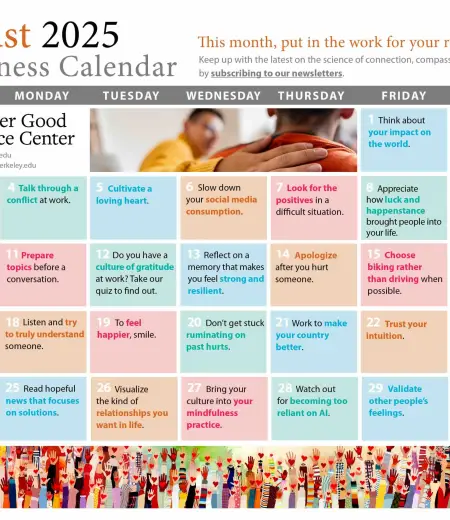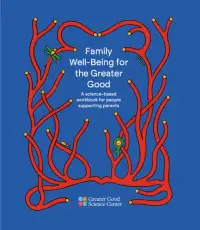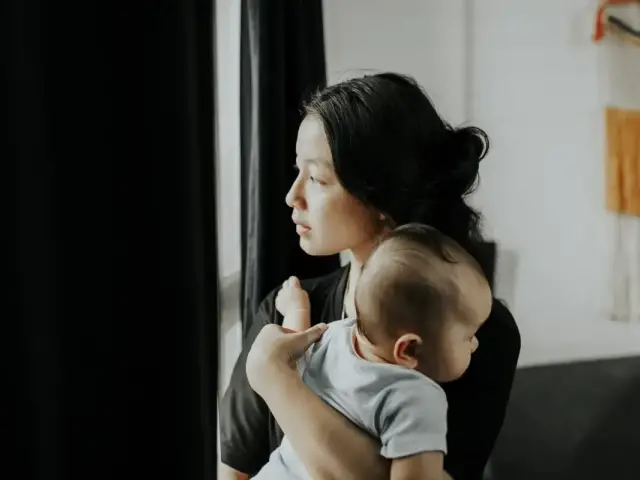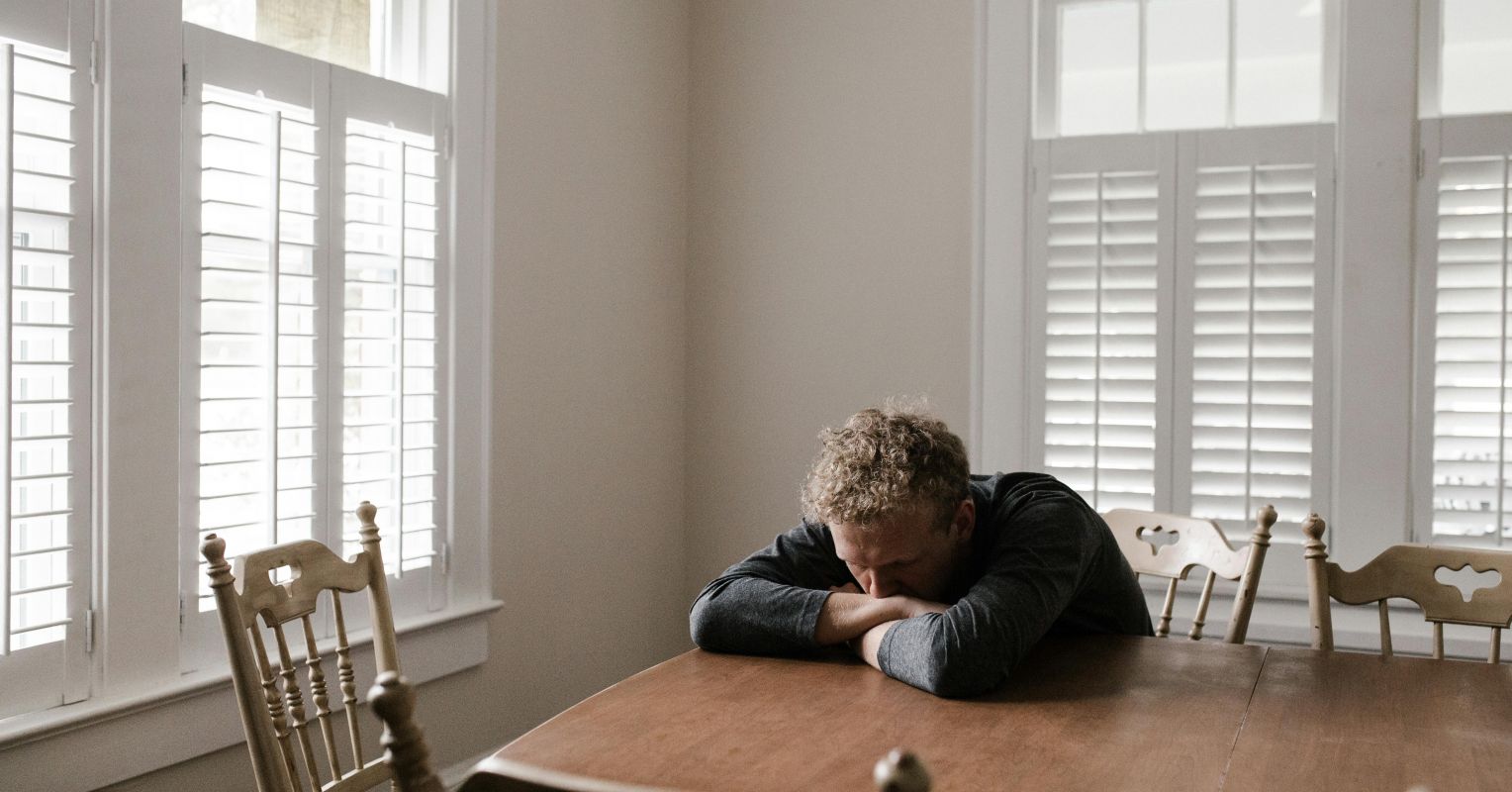The term “lonely parent” may seem like a contradiction in terms. Parents, by definition, are inextricably linked to at least one other human, after all—their child. And parents are constantly interacting with other humans: teachers, doctors, coaches, caregivers, and other parents, including, for many, the co-parent. Thus, it’s no wonder that so much of the research on loneliness has focused on groups like the elderly and college students, instead of parents.
And yet, according to an Ohio State University Wexner Medical Center survey of 265 parents conducted in April 2024, as many as 66% of parents say they “sometimes” or “frequently” feel isolated and lonely. Almost four out of five say they’d “value a way to connect with parents outside the work and home.” What’s more, higher levels of loneliness were associated with higher levels of burnout, notes Kate Gawlik, who designed the survey.
Why are parents so lonely—and how can Mental health professionals help? That’s a question more researchers are exploring as we begin to appreciate the wide-ranging repercussions of parental loneliness. As we explain in our new book, Family Well-Being for the Greater Good: A Science-Based Workbook for People Supporting Parents, loneliness in parents not only affects the well-being of the adult, but that of their children, too. When parents foster social connections, they foster flourishing not just for themselves, but for their whole family.
The loneliness of new parents
X

“No one warns you how lonely the new parent journey can be,” wrote the mom of a 21 week old on Reddit. “I haven’t felt like myself in five months and there are days like today where I still feel so, so sad even though my baby is hitting milestones and starting to be more interactive.” She felt guilty about it, she said, but also disconnected from her friends, who had children years before her and are already navigating the challenges of middle school.
Parents are particularly vulnerable to feeling lonely as they struggle with caring for infants and small children, as a 2022 Systemic Reviews paper notes. Suddenly, you’re overwhelmed with unfamiliar tasks—feeding, changing diapers, consoling a small human who won’t stop crying. Your baby is still a stranger, and, in a way, you’re also getting to know your partner anew, as a co-parent.
As the review pointed out, lonely new moms often felt that they lacked support in general, or that their partner’s or family members’ help wasn’t enough. Some longed for recognition of their hard work or at least some empathy. Some simply wanted to feel more connected socially, particularly with others who share their experience.
Mothers and fathers who experienced higher levels of loneliness during and after pregnancy were more likely to feel depressed after birth than those who weren’t lonely during that time frame. These parents reported that they had a hard time communicating how they felt and that others just didn’t understand them—which further made them feel “alienated.” There’s also evidence suggesting that lonely dads felt greater symptoms of depression than lonely moms, reports the review paper.
As one dad wrote on Reddit: “The last 10 months since my first kid has been born has been the loneliest, most depressing time of my life. The only thing that gets me through it at all is seeing his face light up when he sees me.”
Loneliness tends to become even more common in special cases, especially as the level of stress rises. Those parenting solo can be especially prone to feeling lonely; and, as our workbook points out, so can parents of neurodivergent children. “It can be extremely isolating because they’re dealing with such a different set of challenges and experiences,” explains Gawlik, who is a clinical professor of nursing at The Ohio State University College of Nursing.
While studies on non-binary parents and loneliness are few and far between, parents themselves have shared how challenging it is to make connections that other parents might take for granted. Explains one non-binary non-birthing parent on Reddit: “What bothers me the most now is just not having a place to fit in as a parent with my little one. Father and baby spaces are rare and 100% not something I’m interested in regardless. Mother and baby spaces seem sacred, and I’m not a woman, so I don’t want to invade those spaces either. I treasure other queer families we find, but it’s hard.”
Gawlik also points out that, unlike parents in some other cultures, many Americans don’t have the benefit of extended families—grandparents that watch the child when parents tend to some housework, aunties that help with the groceries, and so on. That’s an important distinction because, as a 2021 Perspectives on Public Health review paper reported, besides having negative thoughts about themselves, parents are also more likely to be lonely when they have a lack of social support and no way to seek it out.
Not surprisingly, researchers have found that the United States has among the highest cases of parental burnout in the world. “When you’re feeling like it’s just you and your kids, that is a very isolating feeling,” says Gawlik.
Feeling alone with older kids
Matters may improve as kids grow older and more independent, but a 2025 survey on 2,500 adults, conducted by the Cigna Group, notes that a sizable proportion of parents remain lonely: 48% of parents with children ages six through 17 say they feel “left out” (compared to 58% of parents of children five or under), and 49% say they “lack companionship” (compared to 51%).
As a mother of teen boys admitted on Mumsnet: “They spend a lot of time in their rooms and I sometimes think that they wouldn’t notice if I was bloody dead until they needed feeding. They’re good kids. I just feel so lonely and I feel sad that we aren’t as close as I’d like. People tell me that this is normal but I just don’t know. Just need a hand hold I suppose.”
Naturally, older kids leaving home altogether is another transition point where feelings of isolation can crop up. Says one single mom on Reddit, whose adult child moved away, “It’s just so quiet. I have so much empty space, not only in my home but in my heart.” She later adds: “I’ve never in my 49 years lived completely alone with no other living person or pet. It’s just me. I’m scared, I’m lonely, I’m just…?”
While she later writes about feeling better, it’s not easy. What often can add to the challenge, points out Kawlik, is that as kids get older, you don’t see your parent-friends as much anymore, and it’s hard to make new ones. You need to make the effort to stay in touch, but, of course, that’s easier said than done.
All the lonely dads
Dads can get lonely, and while they won’t always admit it in real life, you’ll find them letting down their guard online. As one wrote on Reddit, “I’ve been incredibly lonely since becoming a dad. I literally have zero friends.” He says he works remotely, making it hard to make friends, and isn’t getting along with his wife. “Hoping it gets easier,” he continued to say, “but have yet to see a light at the end of the tunnel.”
Our workbook points out that social connections can do wonders for a dad’s well-being, and some research has even found that it has a protective effect for those who’ve had traumatic childhoods. And yet, as our workbook notes, recent reports have found that men have “far fewer social ties compared to a few decades ago.”
New dads might feel alone for the same reasons moms do, “but there can also be different kinds of stress and loneliness,” says Delyse Hutchinson, associate professor and clinical psychologist at The Centre for Lifespan Research, Deakin University, in Melbourne, Australia. “Dads might feel they need to go back to work full-time too quickly. They also more often report feeling distressed by the load of supporting the family financially but also trying to be there to support the mom and baby.”
Some dads can report feeling a little “left out,” she says, especially just after the birth of a baby. “They may have less opportunity to be involved. They can’t feed the baby during breastfeeding, and babies often want to be close to their mother after birth, so dads can sometimes be unsure how best to help.”
Those who stay at home may also feel lonely, given that many parent groups are disproportionately accessed by moms.
Despite the array of stressors that could affect men, they’re also less likely to seek counseling than women, though that may be changing as more peer groups for dads emerge, says Hutchinson, and as there’s a growing recognition of the importance of men’s Mental health. What has also helped, she says, is when health care providers ask men about behavioral symptoms as opposed to emotional ones—the former often yielding more honest answers: For instance, “How are you sleeping?” or “How are you interacting with the kids?” as opposed to “How do you feel?” As health care providers better understand how loneliness affects men, they’re better able to screen for men who might need support.
How parents can be less lonely
As the 2025 World Health Organization Commission on Social Connection recently pointed out, loneliness makes “significant impacts on health and well-being” and is associated with an astonishing 100 deaths an hour worldwide. But it’s not simply social connections that can help ease the problem, but “strong” ones. It’s about finding people who make you feel validated and understood. It’s these bonds that can help enhance longevity and mental and physical health.
Here are some expert-backed strategies to help parents—often already overscheduled and energy-sapped from family responsibilities—feel less lonely.

Need help getting motivated to connect? Check out our new workbook: Family Well-Being for the Greater Good: A Science-Based Workbook for People Supporting Parents
Join a parenting support group with others going through similar experiences. A 2025 systemic review paper reports that support groups—provided that they leave participants with positive feelings—can help parents feel less lonely. Whether it was a meetup of moms who breastfeed or who have especially fussy babies, these gatherings help reassure participants that what they’re going through is normal, helping many, in turn, to feel less isolated.
In-person formats can give rise to side conversations or post-session coffees, which can gradually lead to deeper connections when you find someone you click with. But if social anxiety, child care, or transportation issues don’t make that possible, virtual groups can be helpful, too.
In survey responses, “we’ve had tons of parents who say, ‘Thank you, I feel less alone,’ or ‘It’s nice to know I’m not the only person going through this,’ even though no one is ever going through the same exact thing,” says Sarah Brinley, executive director of Parents Helping Parents, which, among other programs, offers a free Parent Stress line and free weekly virtual support groups. (Each focuses on particular topics, such as parenting preschoolers, parenting teenagers, parenting as a dad.)
Whether online or in person, you don’t even have to be extroverted to benefit. “Some people participate in a group and they don’t even speak, they’re just present,” says Brinley. “Everyone comes for different reasons and they connect. Some people might not say a word for eight weeks, and they say, ‘Thank you; this has helped me so much.’”
Call a parent helpline. By the time parents call a helpline, they’re often feeling so distressed that they have nowhere else to turn. For the California Parent & Youth helpline, more than half of callers specifically described themselves as feeling “isolated” or that “nobody could relate to what they were dealing with.”
And yet, by the end of the call, which typically lasted less than half an hour, callers were making more positive comments, an indication of a better outlook and mood, reports a 2025 Journal of Technology in Human Services article.
As with many established helplines, the people handling the calls in the study were experienced professionals with advanced degrees in Mental health counseling. By validating the parents’ feelings, and brainstorming solutions with callers, the callers felt cared for and supported, which can help alleviate feelings of loneliness.
Be present at your child’s activities. Whether it’s story time at the local library or a child’s sports practice, seeing the same people on a regular basis helps form connections. There’s a built-in shared interest (your child’s activity) and ample opportunity (have you ever sat through a baseball double-header played by eight year olds?) to learn about each other and build trust.
You might try to be open to opportunities outside the main activity to strengthen those connections, too—for instance, with an excursion to the park after a gym class, or pizza after the game, notes Gawlik, who herself made mom friends after signing up for a music class with her then–one year old. “I thought it would be fun for her, but it was really for me.”
Even going to the neighborhood park can help, if you go consistently and see the same people there. “Frequency is key to developing relationships,” Gawlick says.
One dad on Reddit noted that’s exactly what made a difference for him. “As the kids grow, they play more independently and more time can be spent making small talk at first, and learning more about each other gradually,” he wrote. “As for all friendships, time and consistency are required to bond, which as dads we mostly have available as time at the playground.”
Explore social media, but carefully. It’s almost protocol, at this point in history: Have a baby, stock up on diapers, join a Facebook mom group. But users that simply “like,” comment, or lurk from afar might still feel lonely. Online life is not real life, of course—and endless posts of five year olds playing Chopin, picture-perfect birthday parties (to which you were not invited), and families vacationing in Costa Rica are the last things you need to see when you feel alone. “Even much simpler pictures or posts can trigger feelings of inadequacy,” Brinley explains.
“These can exacerbate parents’ feelings of loneliness and failure. “Everything is out there, even though you don’t know what’s really real,” observes Brinley. “And that can make you feel isolated.” (What’s more, high levels of loneliness in fathers correlated with heavy use of social media for parenting and high levels of psychological distress, according to a 2024 Japanese study.)
A better way to use social media, reports a 2017 Perspectives of Psychological Science review paper, is as a tool to maintain existing in-real-life connections (say, to stay in touch with your sister or an old friend), or to establish new bonds. With that in mind, parents might do best joining locally based groups with members who are working through similar circumstances (such as a network of stay-at-home dads in the neighborhood or a cluster of single moms in surrounding towns). As our workbook notes, surveying the research, “moms who connect frequently with other neighborhood moms tend to have better well-being.”
Take a moment for yourself. Too often, self-care conjures up images of 90-minute facials or yoga sessions—advice that’s laughable when you don’t even have time to shower, or when it’s just not something you’d ever do. “They think it refers to things that require financial resources or lots of time,” says Brinley. “They may feel more inadequate and lonely because these things are out of reach.”
But taking time for yourself can be simple and short, she explains. Grant yourself a few minutes to read a page in a book you love. Take a brief walk outside. Work out in the gym for 10 minutes. Forgo household chores, and actually take a nap when your baby naps.
“We’re trying to avoid using that term self-care, and refer to it, instead, as ‘mini-moments,’” says Brinley. When you take the time to enhance your own well-being, you’re likely to feel better about yourself and more motivated to go out and make social connections.
Join something. Some moms or dads (but often dads) prefer not to join a parenting support group or a kids music class. That’s OK. A book club, a professional society, a bowling team are all helpful ways for finding folks who share an interest with you. While you might not meet dads who are exactly where you are in their parenting adventure, you may find some ahead of you who might share their insights, and those behind you, for whom you might do the same—both of which can help create a connection. Check your local community centers, hospitals, libraries, schools, and places of worship to find opportunities to make it happen.













